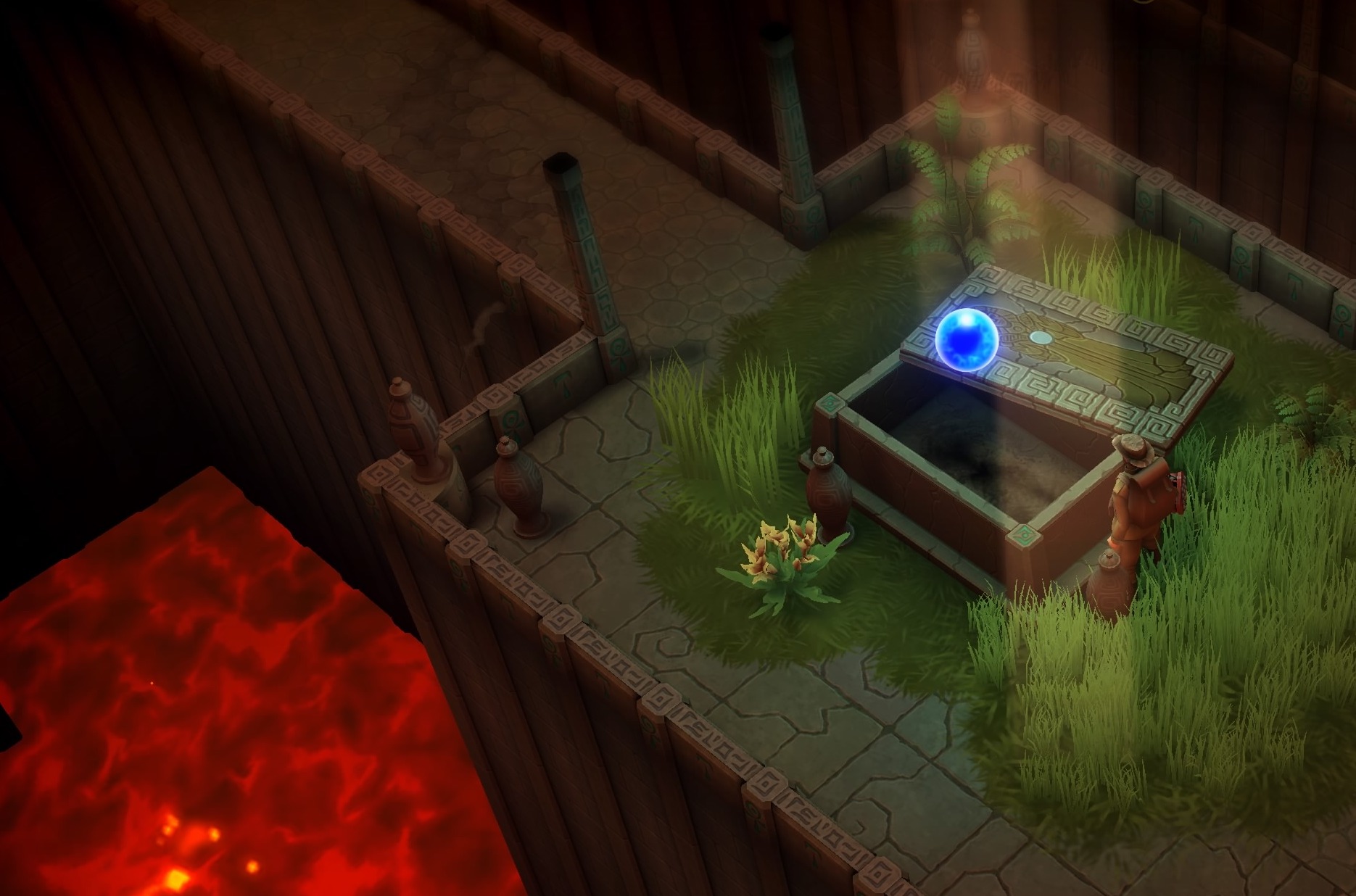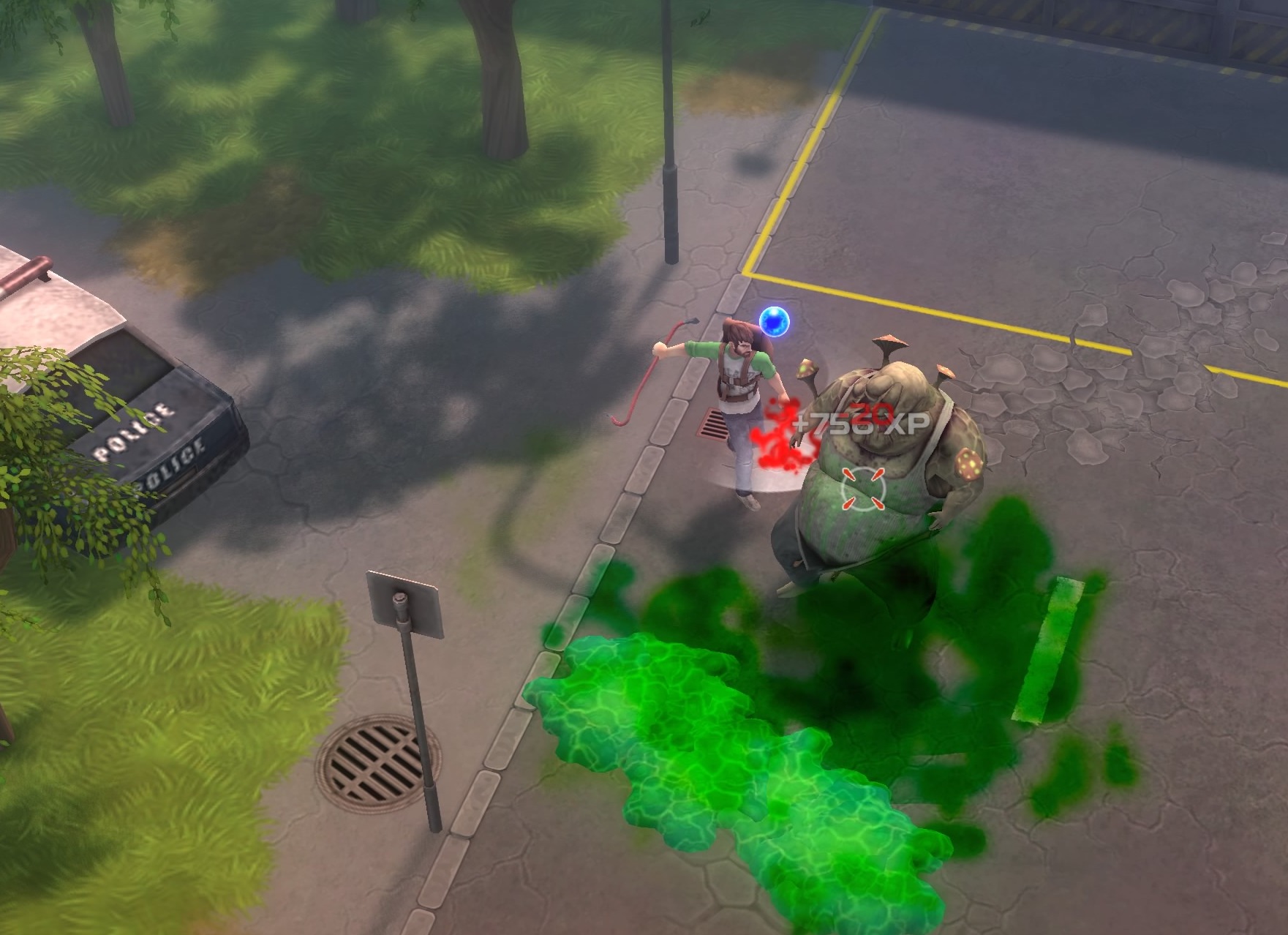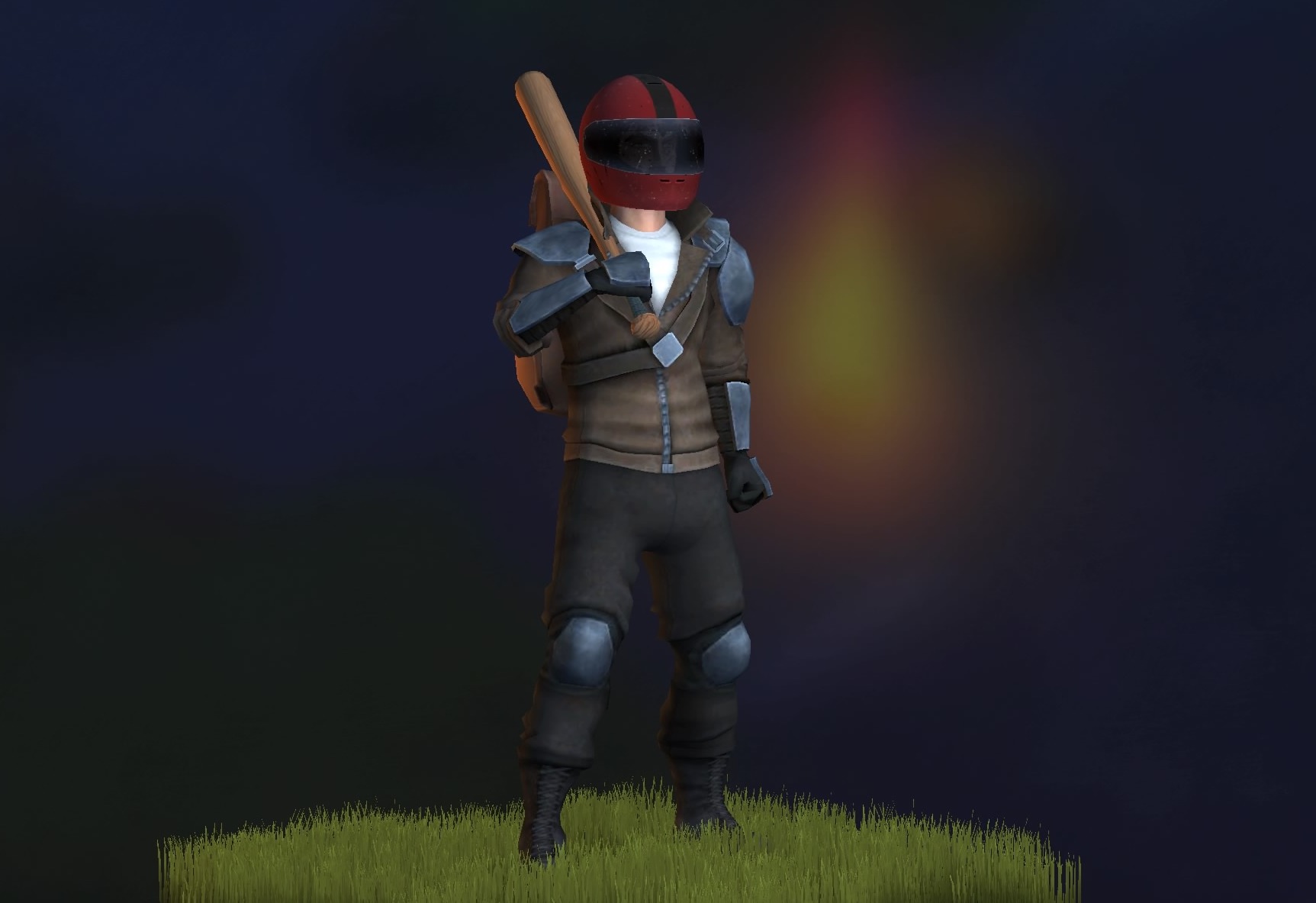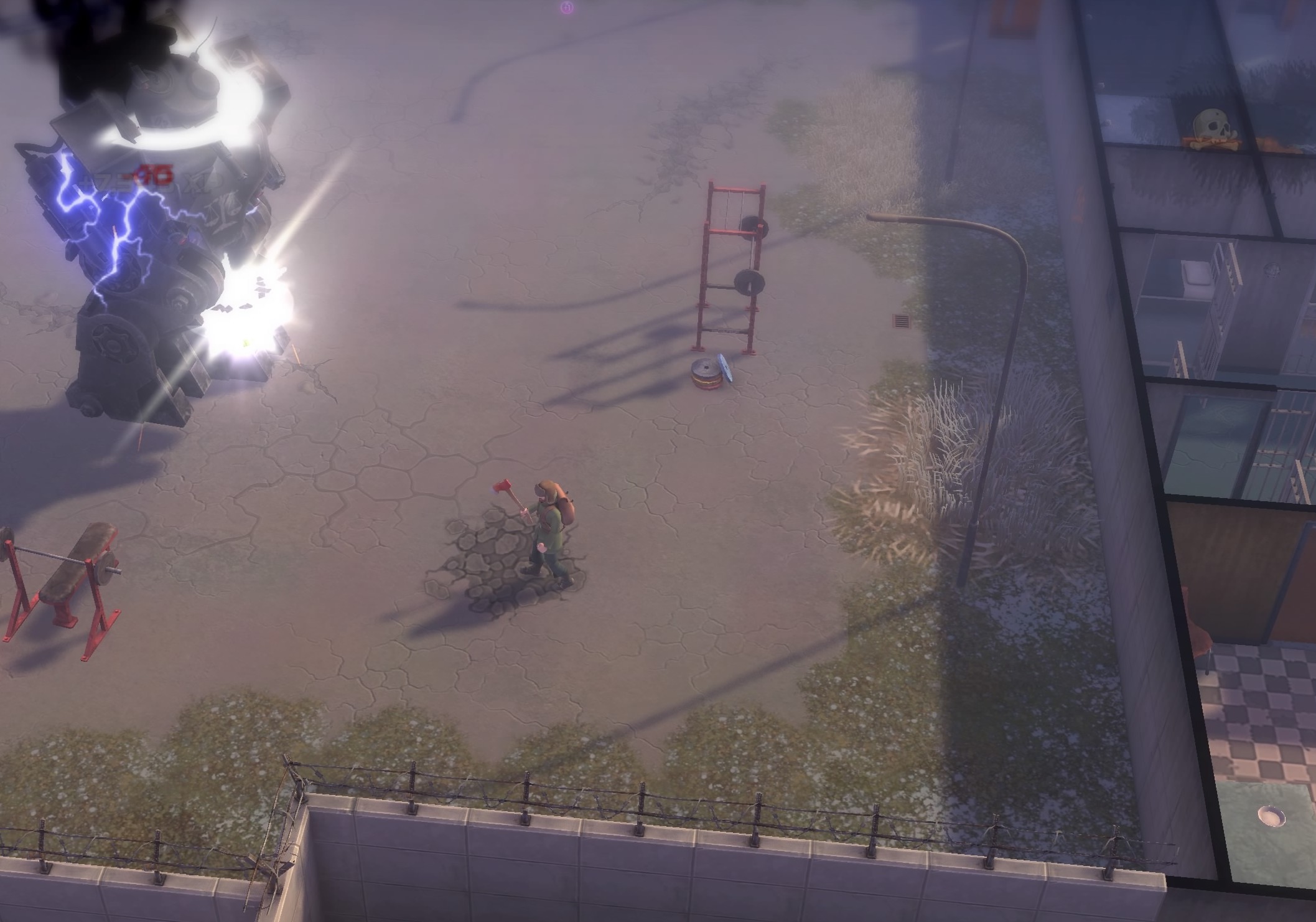
I spent two days in my basement growing crops. I needed the crops, of course, to satisfy The Ark. The Ark would preserve a bit of humanity’s culture for a future that may or may not exist. It also contains a weapon that it will give me once I finish feeding it crops and fish and wood and rubber and metal that I will spend another two days collecting. I cut down small forests with relish. I fish aggressively and to completion at all the hot spots. In the real world, my career and my marriage may be at risk. I can’t remember why that seems important.
I haven’t played many games during the pandemic. If I had to guess why, I’d hypothesize escapism was too risky for a mind under siege. My brain was already running fifteen defense mechanisms; another one requiring motor coordination was liable to bring the whole system down. But I got a vaccine and a house and a PlayStation 5 and accepted in my heart that nothing will ever be normal again.

One of the functioning mechanisms was my practice of trying to hit bottom as quickly as possible, so during the early part of the pandemic I dove into Contagion1[1] and Outbreak2[2] and at least three Korean zombie miniseries. I had to tamp down this habit for a while as I’d misjudged the depth of the horror, but ensconced in my new basement, my eye wandered over the title Dysmantle and I thought why not dabble in the apocalyptic again? For twenty bucks, can’t afford not to. I downloaded it, poured a drink, watched the intro, picked up my crowbar, and smacked a rock.

Analogy fails me here. Cocaine seems too strong and not strong enough. Crack was always superlative and anyway has fallen out of idiomatic favor. Perhaps smoking, but smoking is exquisite and unsatisfying,3[3] while Dysmantle is exquisite and satisfying. The best I can come up with is it’s like eating warm, rich milk chocolate sprinkled with sea salt and microdoses of psilocybin.

It is bogglingly flawless in execution. I cannot think of a bug I have encountered. The closest thing to one is an occasional zombie stuck in a door, or rendered sticking through a wall, but even those are rare, while over at Bethesda they’re part of gameplay. The controls are intuitive and uncomplicated. Loading times on the PlayStation 5 are so brief I’m convinced they artificially extend them just to show off the art. When there even are load times. The map feels huge but never overwhelming, the graphics are welcoming but never cloying. The perspective is adjustable between a straight down view, useful for spotting opponents and resources behind walls, to an angled view that’s enough to see where you’re going yet just shy of claustrophobic to remind you that you’re venturing into the unknown.
The story is light and inscrutable, sprinkled throughout via notes, radio messages, glowing tablets and the evidence of your senses. It has an internal logic that can be followed if never fully understood, and I appreciate a story that will say, “Yes, there is a reason time slows down at random points of the map and this will be relevant later,” but doesn’t feel compelled to add midi-chlorians to shoehorn magic into physics.4[4] As abstract as the story is, it still informs direction, so elements of gameplay and discovery are interwoven as epiphanies explaining mysterious radio messages heard three days before. The interaction with the environment creates the story even more than the didactic elements.

I’ve been relearning the Moonlight Sonata for the third or fourth time because I destroyed what was left of my functional memory with drugs after anxiety and depression took their pound of gray matter. The genius of Moonlight is that every major change in the structure or key is preceded by hints; tiny variations in the main theme, barely noticeable, but which make the large changes familiar to the ear before they happen.
If it seems a bit much to compare the storyline in Dysmantle to one of the greatest musical compositions of all time, let me be clear: I’m comparing the entire game to it. In no other game of any genre have I experienced such organic learning and exploration. The tutorials consist of a handful of spinning question marks that reveal one-sentence instructions and nothing more explicit is needed. Everything crafted feels worthy of crafting for imminent purpose. There are places you can’t go yet, for reasons at once logical and motivating: Sometimes you can’t get there from here because you’re too weak and you’ll die, as in most open world games, but far more often you simply haven’t found the route or the tool. Ways are blocked by cold and heat, water5[5] and broken bridges, broken circuit panels, poison gas, unopened teleportation gateways, and walls you can’t bring down until you can. Nothing feels forced or out of place, and all obstacles hint at the future moment when you will be able to swat them away like a god, making the initial, more difficult navigation a worthwhile pursuit.

I can’t imagine how this was pitched. “You know that tacked-on crafting mechanic in all the triple-A sandboxes? What if that was the whole game? Also smashing stuff.” I wouldn’t give them money and I have stake in Gamestop. Yet it works, and I accepted its uniquely bizarre conceit as smoothly and completely as most populations would a descent into authoritarianism.6[6] It changes genre as it progresses from scrappy survival to road warrior to explorer to thunderdome to farmville to high fantasy, and every detail assists: the landscape, the opponents, the story, the tools, the outfits.
Near the end, I began considering my legacy. Would I destroy all the buildings? Cut down all the forests? Kill every monster? Level the entire map? I haven’t decided, but may pursue one or all of these for years to come. In the meantime I take uncanny satisfaction from spending forty minutes breaking down ivy-covered fences with my scythe, or going on Dadaist frenzies, destroying everything in sight except toilets and birch trees.

A final note before I finish gushing over this masterpiece is how perfectly it handles death. If a game chooses to address death in the theme, the attempts range from cute to overbearing.7[7] Dysmantle initially seems to ignore it, but as the story progresses it starts to feel like there is an internally rational explanation for why you can fall into a volcano and wake up by a campfire. Moreover, it’s a well-balanced mechanic: Death is irritating enough to want to avoid it, but not so crushing as to inhibit taking risks. By the endgame, death becomes a useful travel tool.

Perhaps it is the peculiarities of my own broken psyche, but a seamless, multi-genre exploration of a living mystery where death becomes a friend in an apocalypse you can smash strikes me as a game worth playing.
12/10; would buy again.
1 Good, but depressing to watch a plague being handled by a functional government full of competent professionals.
2 Bad, but it does feature Dustin Hoffman Dustin Hoffmaning harder than he’s ever Dustin Hoffmaned.
3 Oscar Wilde came up with this description, not me. Come to think of it, I should stop telling people that. There aren’t a whole lot of Oscar Wilde scholars out there.
4 We don’t really know what’s going on with physics anyway, so this kind of effort is throwing cats at windmills on its best day.
5 The character is not a strong swimmer.
6 This has been on my mind lately for absolutely no reason.
7 Looking at you Assassin’s Creed.





